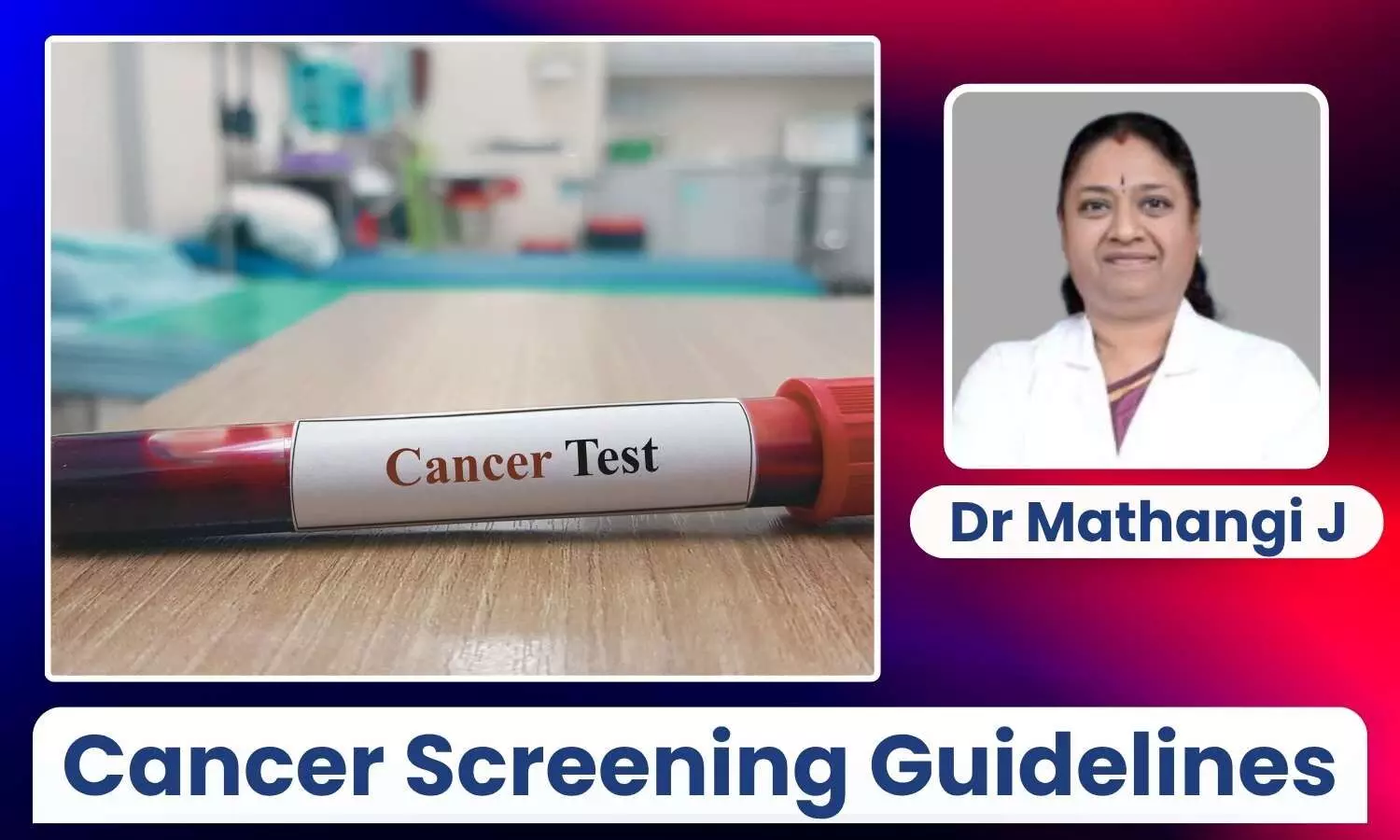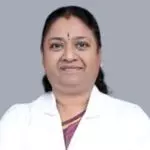Cancer in 20s and 30s: Is It Time to Change Screening Guidelines? - Dr Mathangi J

Not long ago, cancer was thought to be a disease of age. Screening guidelines reflected that belief, with most routine checks beginning only after 40 or 50. But in recent years, doctors are seeing something that’s hard to ignore, more young adults, even those in their twenties and thirties, are walking into clinics with symptoms that turn out to be cancer.
This shift is pushing a quiet but urgent conversation in the medical world: Are our current screening protocols outdated for today’s generation?
What’s Changing, and Why?
Several cancers once seen mostly in older individuals, like colon, breast, and even oral cancers, are now appearing earlier. Some of these young patients have genetic risks, but many don’t. That’s what makes this trend so concerning. These are people who don’t fit the “classic” cancer profile.
So, what’s driving it? The answer isn’t straightforward. Our food habits have changed. There’s more processed food, more stress, more sitting, and disrupted sleep cycles.
Environmental toxins, increased screen time, hormone-altering chemicals, and a fast-paced lifestyle all likely play a role. We’re also detecting more cancers simply because access to health checks has improved. But that doesn’t fully explain the age drop.
Problem with Waiting for Symptoms
Young people tend to brush off warning signs. Fatigue? It must be stress. Stomach issues? Probably junk food. A breast lump? Can’t be serious at this age. That delay in seeking help often means cancers in younger people are diagnosed later, when they’ve already grown or spread. Screening, in theory, is meant to catch disease early.
But if most guidelines don’t kick in until 40 or 50, we’re missing a chunk of people who need it sooner.
Rethinking Risk in Your 20s and 30s
We’re not suggesting blanket scans for every young adult. That would be unnecessary, expensive, and potentially harmful. But targeted screening, based on family history, symptoms that persist, or even lifestyle red flags, could make a real difference.
For instance:
- Colon cancer: If there's a family history or unexplained digestive issues, don’t wait till 45 to get checked.
- Breast cancer: Women in their 20s and 30s with a family history or hormonal disorders should know how to do regular self-exams and get evaluated early.
- Oral cancers: We’re seeing cases in non-smokers too, especially with increased use of smokeless tobacco, vaping, and HPV infections.
- Cervical cancer: Thanks to vaccines and early Pap smears, this is one of the most preventable cancers, but awareness still lags behind.
Listening to the Body Matters
Young adults often power through discomfort. But persistent symptoms, bleeding that’s not part of a normal cycle, a lump that doesn’t go away, weight loss without trying, or any change that sticks around for weeks, deserve attention.
These aren’t things to wait out or Google endlessly. If you’re in your 20s or 30s, don’t feel like you’re too young to talk to a doctor about cancer. It’s not about being paranoid, it’s about being aware.
Time for a New Conversation
Doctors, too, need to reframe their approach. If someone under 40 walks in with symptoms, cancer shouldn’t be the last thing we rule out, it should be on the table earlier, even if it’s just to exclude it.
It’s also time to widen our health messaging. Awareness campaigns shouldn’t be limited to older adults. Workplaces, colleges, and social platforms should be part of educating younger populations about real risks and the value of early checks.
Prevention Still Holds Power
While we can’t control every risk, there’s still a lot of young people can do:
- Get regular sleep and manage stress
- Move daily, even if it’s just walking
- Avoid tobacco and excessive alcohol
- Learn your family’s medical history
- Eat food that fuels your body, not just fills it
And most importantly, trust your gut. If something doesn’t feel right, speak up.
Cancer in the young isn’t rare any more, and that’s a wake-up call for all of us. We’re not helpless in this. The earlier we start paying attention, asking questions, and tailoring screening to real-world patterns, not just outdated age bracket, the better our chances of catching cancer when it’s still beatable.


